Why choose photography as a career?
In general terms my interest started from a very early age, 7, but was first in the printing side of things, I loved the magic of the print starting to come up in the developer, to some degree the first part of my life in photography was very much based on the printing side and as such I still approach my work with the final print in mind when I shoot, looking at the tone and texture of a scene to light it so that I achieve as much as possible in camera but know what I will do in post edit to get the final image that I require, the image that I have in my head firmly before I even unpack the equipment and start the shoot.
I worked initially within the newspaper industry as a printer, then went on to work as a photographer for some UK picture agencies shooting mainly press related and editorial work. At the age of 20 I made a drastic career move and joined the Royal Marines, serving 6 years before moving back into media as senior operations manager for Virgin Media. Just over 4 years ago I was made redundant, and at this point I took a long hard look at my future and decided to move back to photography. After a long 5 days drawing up my business plan, Ambient Life was born. A lot of people don’t realize when they look at my client list and my work that we started just 4 years ago and that what we have achieved so far has all been done in the last 4 years… From that point I have not looked back.
How has photography changed your life?
I count myself as very fortunate that I do something that I simply love, I get paid well for my work and also get paid to do something that I am extremely passionate about, the old adage that if you do a job that you love you will never work another day in your life is very true in my case. I see the world I think slightly differently than others, and as a photographer that is a key gift I feel. I travel the world and work with some amazing people and see some amazing sights. Sure it is very hard work, and there is a lot of pressure that people don’t always appreciate, but it’s what I was born to do and I think if you are lucky enough to find that one skill that you were born to do, then life is somehow complete…
You have spoken previously about being self taught in photography – how did you teach yourself?
I did what I believe is the best thing to do in learning photography, getting out there and shooting stuff, even if it’s just to see what something looks like photographed… Looking at light… no camera required, trying to understand light and how to use it to create a scene that you want, shape it and change its property for the photographer’s benefit. I think that photography is a little like riding a bike, you need to get on the bike and start riding and falling off, not reading books about it only…
There is no secret. It’s a case of learning your craft and exploring the possibilities yourself as this will often be the building blocks to you developing a strong style of your own.
What are your secrets to obtain such a strong style of images?
Simple, learn about light… trust your instinct even when people say that something will not work. Try it anyway and don’t copy others. Take inspiration from things around you but not always from just looking at other photographers work. And shoot, shoot shoot… teach yourself your craft and learn to adapt, get a strong style that is your own and evolve with it.
After you worked on your business plan for Ambient Life, how did you manage to secure your first client?
When I first sat down to write my business plan it was just that… firmly based on how to succeed to start and build a successful business as a commercial photographer. I was coming back to photography after a substantial time away and a lot had changed. My initial background in photography was purely print and photojournalism based, but my passion was to be a commercial photographer. I did not feel that it was beneficial to try and enter a field that was already overrun with people trying to make a name for themselves, and yet my passion was for cars and automotive related photography. As I suggest a great deal on my annual business seminars, being successful in any commercial photography field requires you first to decide upon which area you wish to work in, and then look at where the gaps are in the market so that you can specialize in that area and make your mark.
For me first it was to look at the classic car market, and more precisely the higher end of that market with classic Ferrari and Aston Martin models mainly. These cars demand a very high price and yet most classic car photography is quite old and very stuck in the era that the cars were manufactured. So I approached it with the view to drag it kicking and screaming into the present day with a modern style that afforded the viewer the feelings and passion that is linked with these cars. If you are going to buy a £250k car, you want to feel the passion for it and the emotion more than you need to know precisely what it looks like, because at that price you will pretty much already know all there is about that car. It’s my job to drive the passion in you to want to make what is not a practical purchase but very much an emotional one…
I approached the market in this way and targeted those in the field that were selling these cars. There is no easy way to make a start… you simply need to knock on doors and keep knocking. And in the times between you need to learn your craft, photography by shooting, and then shoot some more, develop a strong style as this is the key. When I first started, I was told by a lot of people that my work was too much like art to be commercial, but I stuck to what I believed in and dared to be different as being the same as everybody else is simply not enough. You need to find your own place and your own strong style to succeed. Copying other photographers is not enough and shows no imagination or creativity. As a photographer these are the things that will set you aside from the crowd and get you noticed. It’s simply good business policy.
Being a success is 30% photography, knowing your craft and being technically competent to carry off the work required, and 70% business, knowing your market and shooting for that market with the end customer in mind. When I first started shooting for my initial clients they saw huge upturns in interest in their products and in turn increases in sales of up to 200%, this is the power of passionate and creative photography that inspires their customers, and therefore drives my clients to want my work.
How did you purchase your gear in the initial stages, when you first started the company?
When I first started the company I decided on the initial equipment that I could afford and what I needed to get going out there. I did not over spend on equipment as you don’t need a huge amount to start off, and my advice is don’t borrow money on this score if you can avoid it. Hire when you have to and build up your equipment sensibly as you will not really know what you need until you start to shoot and develop your style. Equipment and the choice on it is very personal to you. Everybody works differently, but never be told by people that it must be a Nikon or a Canon etc as it’s personal choice and what you are happy with. Nobody ever asked Shakespeare what kind of pen he wrote with….
In the first 1 to 2 years you need to be financially committed to the business and be prepared to plough virtually all your revenue back into the business in the form of better quality equipment, quality IT and screens etc, as well as training courses or other items you will need along the way, not least a good quality portfolio case as this is key again. A cheap case says that you don’t value the contents, so invest in the best you can afford and project yourself in the best way that you can. It’s okay to say that you are new to the industry as this can be a very positive thing since you are then fresh and your ideas will also be fresh I would hope.
How did you manage to build your career to where it is today?
Nothing about being successful is easy, but in truth there is no secret password. If you believe in yourself and you have the passion and determination to succeed, and you are willing to put in the crazy hours at the start to put down the foundations, then it’s just a case of hard work and having a vision.
What do you wish to achieve in your photography career?
A strange response, but I simply wish to do the best job that I can, leave something when I am gone that people will remember. Some people say that they are a product of their environment, however I would wish to somehow make my environment a product of me…
Produce quality work and keep evolving to see where my adventure takes me next, keep an open mind and keep my eyes open at all times. Life is very important to me and what I do with it.
What kind of gear do you use?
I shoot both DSLR and Medium format, whichever fits the role required best on each shoot, I favor Nikon working with a couple of D3s models, various lenses from 24mm up to 300mm f/2.8, but with most of my time spent around the 24-70mm mark.
On medium format I use a Hasselblad H3 DII 39 and an H4 50, shooting again on a range of lenses from 28mm up to 110mm with possibly my favorite lens being the 35-90mm Hasselblad.
To me a camera is a tool, an extension of yourself, it gives me the opportunity to capture a moment, a scene. It’s up to my imagination to design that scene and my lighting skill to create it. The camera is simply the final link in the chain.
Any advice for those whom embark the same path you’ve paved?
Work hard. If you’re passionate enough about it, then you will succeed. Never copy a style from somebody as it simply shows a lack of imagination and shoot shoot shoot shoot. Learn your craft and see the world with better eyes, don’t be scared to try new things and always trust what you feel is right.
I feel very strongly that in some ways the world now has never had so many people with high quality cameras, and yet I also believe that there has never been a time with so few actual ‘photographers’… people who do not rely on photoshop to create the image, but understand the groundings of what is the essence of pure photography – tone, texture, lighting and composition… I think these are skills that we are slowly losing as we move into an era where everybody thinks, “It’s okay, we can just Photoshop it…” For me it’s not a place I want to be in, and that’s why I am so passionate about photography. For me it’s my craft and it’s my business, and yes sure there is a place firmly for Photoshop within that, but as a finishing tool not a creative tool. For some this is how they work, and I fully respect that. But if we all do this…. Well I just would hate the art, the craft, the skill of lighting and so forth to be lost.
What’s the future for ambient life in 2012?
Its been quite a year in 2011 with us getting new exciting clients onboard, and we have been very busy with our training seminars, as well as the live shoot seminars that I give each year with people such as Land Rover and Jaguar. However the big advance in the seminars has come purely from the growing global interest in our work, where in October 2011 we went out to the US and filmed 4 individual 1 hour classes for Kelby Training. These will be available online to view in the coming months, so we are very excited about that. And after appearing on a US TV show while we were there, the interest in these and our work has gone through the roof. I think it’s mainly because our work is different, but also as we have openly shown in these video classes that a lot of my work is shot in camera and is not reliant on Photoshop afterwards to create the scene so to speak.
I strongly believe that photography is a skill, and in some ways it’s a dying skill. We need to get back to basics and not forget that it’s important as photographers to still try to create in camera using skill with lighting and tone and texture, maintain an understanding for light, and sure, use Photoshop as an editing and final touch-up tool. But don’t lose those skills that mean you can literally shoot in any condition, and that you are indeed a professional and a photographer, not just a data capturer and a graphic artist… There has never been a time in history when so many people have had a good quality camera, and yet there has never been a time before in history when there have been so few ‘photographers’…..
You can see more of Tim’s work at AmbientLife.co.uk, keep up with him on his blog, and keep an eye out for his classes on KelbyTraining.com
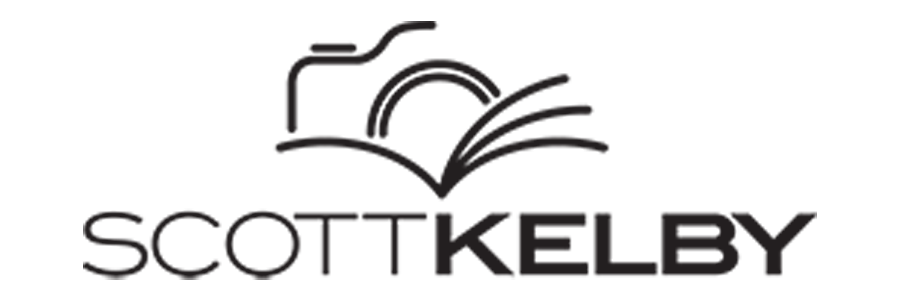


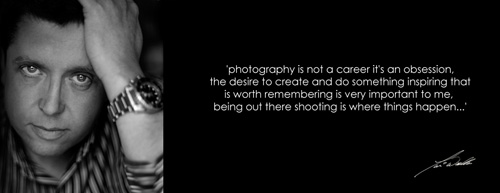
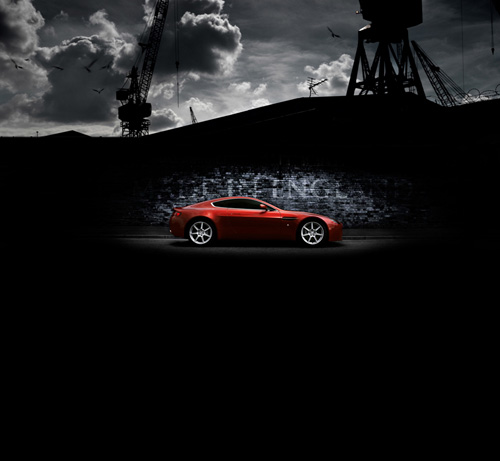
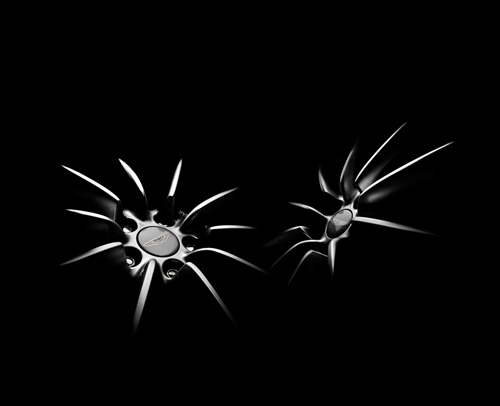
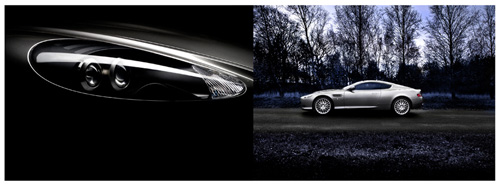
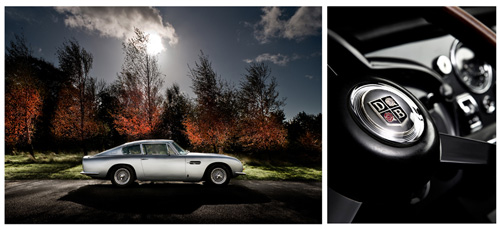
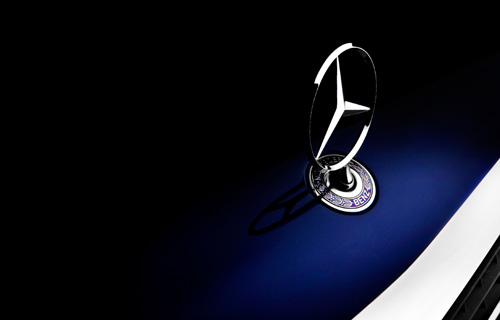
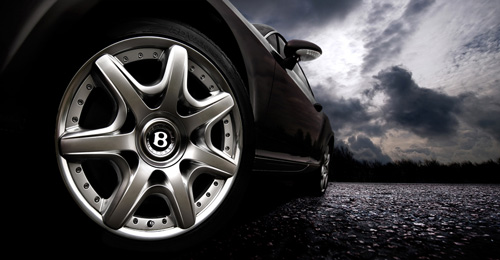
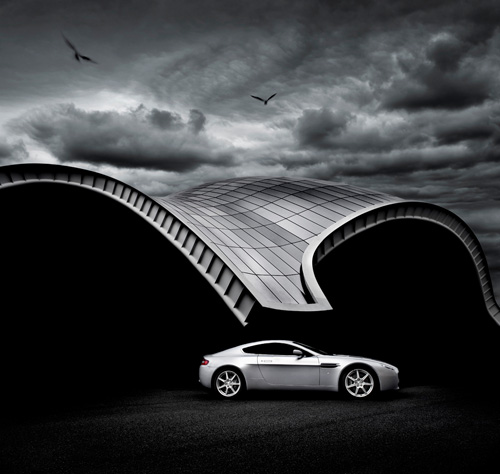
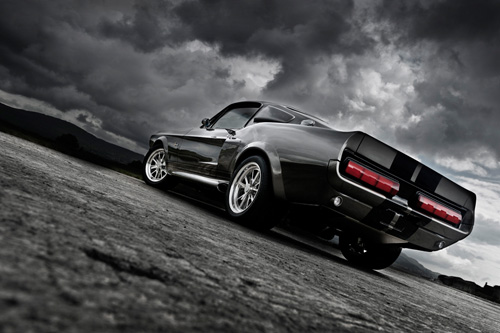
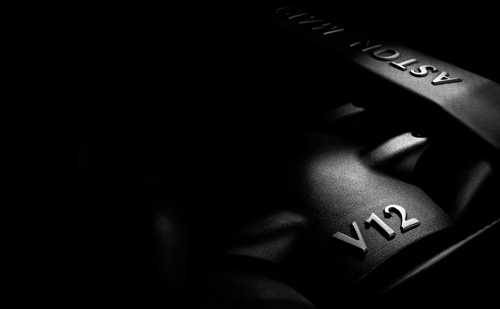
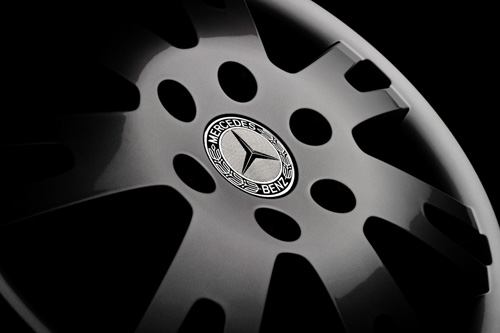
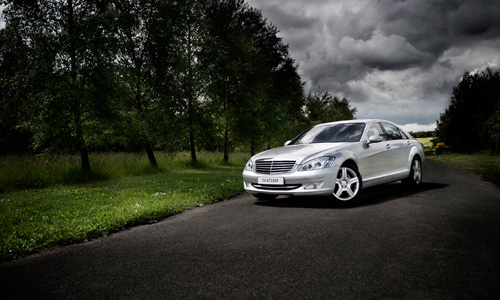
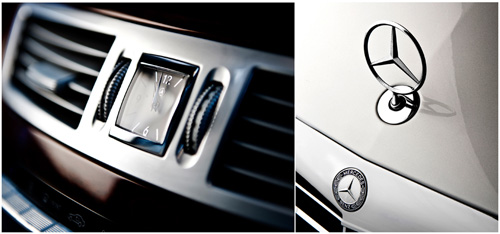
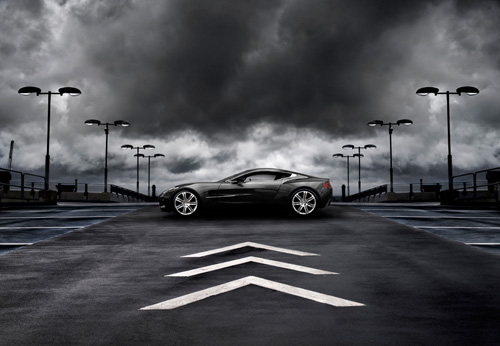
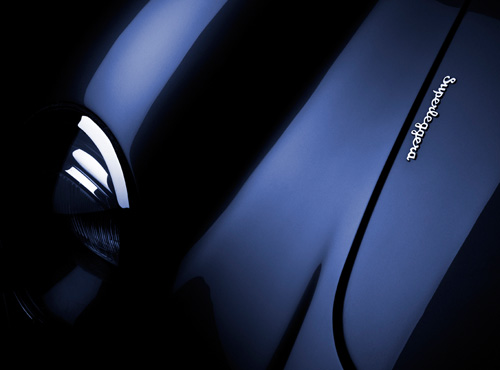
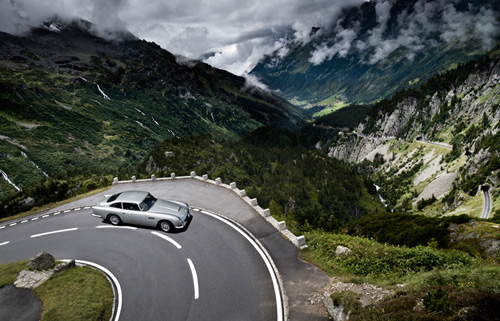
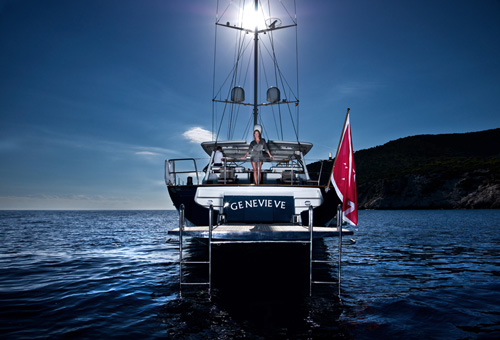
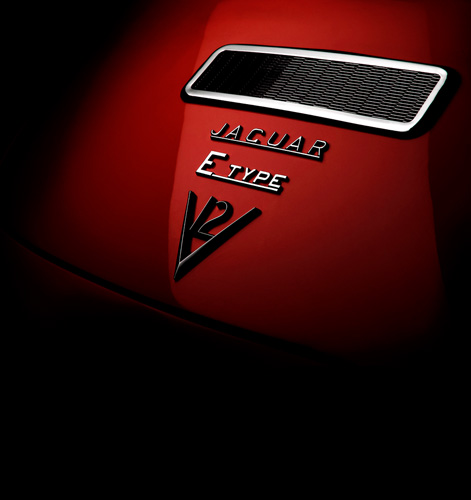
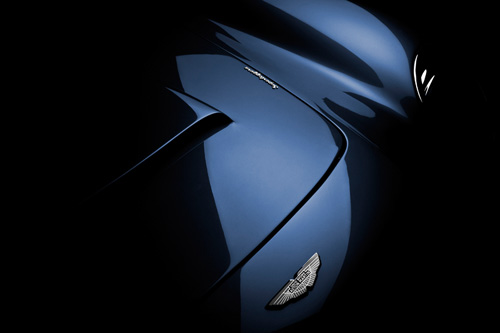
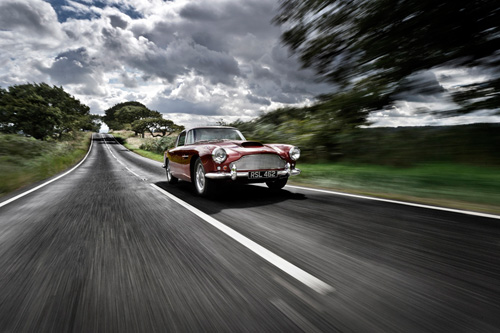
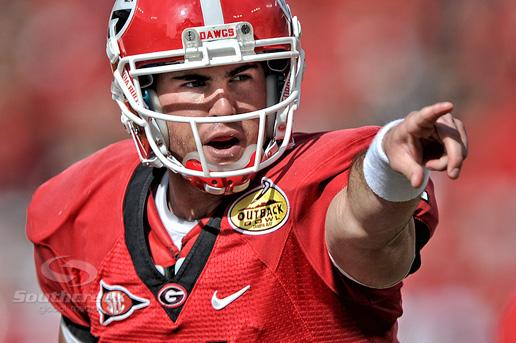
Tim, I agree one must believe in themselves and have a rigorous work ethic to be successful, thanks for the blog and awesome photography!
KT
Great advice, great website and iconic images! Outstanding use of leading line both physical and conjured by fantastic lighting and editing.
Andrew
http://www.andrew-miller.co.uk
inspiring
Hi Ken,
Thanks for the kind words and glad that you enjoyed the piece, have a great day
Thanks for the inspiring blog post. It seems more of an interview, than a blog post, but inspiring, none the less. It surely compels me to reach for that creative touch that feels more and more illusive these days.
When I started out, it was all creative imagery. As I’ve grown and sought to improve my technical skills… the creativity, has become a struggle to bracket within the window of technical details. I can’t knock the technical, though, as it has yielded much better photographs since… But, hearing from photographers like Tim will certainly stir me to grasp for that image I saw in my head, before focusing the lens on it.
Thanks, Tim. I’ll keep my eyes peeled for your Kelby training class.
Phenomenal images, backed up by sound advice – thanks Tim, you’ve kicked my morning off on exactly the right foot!
Hi Tim.. Great photography and very interesting story! I am just starting my venture with photography and I am also a printing pressman by trade! I just wanted to say that reading your blog is very inspiring!
Tim is an awesome photographer and friend. Great post dude!
Crash
You rock!
I have been begging Scott to do something with cars and I am so glad he found the best man for the job!
Really great post!
If you don’t mind answering: How did you light the boat? just one bare flash? Dish?
Have a great year!
Thanks guys, very kind indeed
Great blog post today! Excellent photos, too!
–John
Some really great images here. I particularly love the the red Jag E type detail shot.
I too started photography as a child and have just returned to it after over twenty years away. Aiming to give myself a year to get back all those things I used to take for granted.
My skill is nowhere near what you are displaying here, but with time and practice I hope to grow. Feels really good to be back doing something I love, even if my work currently sucks.
Thank you for this article Tim and also Scott for making it available. I found it very inspiring.
Dave.
Excellent read Tim and many congrats on a great 2011.
Tim, I forgot to ask do you think your experience in the Royal Marines and the work ethic / ethos therein has postively influenced & shaped your approach to business and/or a photoshoot?
Regards,
David
all images a very good but the last one is excellent ! i love it
Hi guys, glad that you liked the piece that Scott has on here and some of you have found in inspired for you, for me photography is a craft and the only way to learn that craft is to shoot and then shoot and then reformat that card and shoot some more. I am working on location at the moment in the UK with Aston Martin but wanted to take a few minutes out to say many many thanks for the feedback and I hope that you all get out there and seek your own style and most of all enjoy what you do as the image starts in the mind and the heart before it reaches the lens…
David – I would agree and have to say that yes my time in the Marines did forge my attitude to work and life in many ways but all of them positive. I love my work and I also take time to love my life as either is not complete without the other.
Hi Crash buddy, sorry I just saw your post,
Hope you are well, life is good and of course to yourself and everybody on here…
…Happy New Year guys!
Awesome! Tim, do you ever photograph cars indoors, in a controlled studio?
“not just a data capturer and a graphic artist”
This makes a very good point and actually inspires me to push harder !
Thanks
P.s Awesome work !!!
– Jason
Hi Ivan, I prefer to work out in the elements so to speak as I believe thats where cars belong rather than inside a white box however I have recently completed 4 training classes that will soon be available through Kelby Training and these cove the following so hopefully of interest;
1. Shooting a car inside with multiple flash units to build a scene in camera
2. Shooting car detail with just one light, what can be achieved in camera
3. Shooting cars available light only both indoors and out using position and thought
4. Photoshop for Car photographers.
Be sure to check these out on Kelby Training when they are released as I think you will hopefully enjoy them.
Thanks guys, got to dash now as its back to work for me now as still out on location…! ^^ lol
Lovely work Tim. Thanks for sharing some background and insight.
Great read I have been a fan of Tim’s work for about a year. Its nice to read a fellow self trained Automotive photographers thoughts……we dont always get alot of respect from fellow photographers with comments like you dont have to make a car smile, but when was the last time you had to worry about seeing your reflection in a models side lol. Keep up the amazing work Tim
John Jackson
http://www.NotStockPhotography.com
Nice post, great use of lighting and shooting angles
I’ve wanted to own and have an Aston Martin as a daily driver for many years now. They are so beautiful and well proportioned! I smile every time I see one.
Your photography, with hyper blacks, intricate lighting, and using environmental elements to “point” my eye to the car is amazing! I want an Aston Martin even more every time I look at your photographs. The fact that you are down to earth in your posts and in your “The Grid Live” episode is just icing on the cake. Thanks for your post and your ‘real-life’ answers. I wish you an even more successful 2012!
-Mark
Great way to start the day and New Year! Thanks for a great post and stunning photography.
Tim, I loved your post; with your business strategy, passion and vision, I’m not surprised you made it in such a short time!! The drama, light and graphic elements in your shots are outstanding!
The industry bend to your vision and not the other way round!
The elegance of your images is contagious, transcend the subject itself!
All the best for the 2012.
It appears to me that the images shot outside depend on photoshop more than photography. There is nothing that looks like natural light. It reminds me of bad HDR. The images are striking but Tim’s insistence that he does more photography than photoshop sounds a bit hollow.
Tim,
Thanks so much for taking the time and sharing your vision with us. As a relative newbie to automotive photography, I was blown away by your work.
I can’t thank you enough for the inspirational photos, and I plan on following your work on your blog too.
Stu.
Love your images, love your work ethic and appreciate your concern about using your camera and lighting well.
I also think, however, that Photoshop is too often used as a dirty word and fully believe that it is very much a creative tool, as well as a digital darkroom. In my experience, the better the photographer, the better the image after post. That said, I for one, believe that a great image is a great image, no matter how you get there. You need skill and insight and vision in every aspect of your craft. In reading about the work habits of Ansel Adams, he was highly skilled at manipulating his images by double exposures and in the development in the darkroom. I can’t believe that he would not be using Photoshop to its fullest extent if he were working today.
I don’t mean to ramble, but I feel that Photoshop in not only not a dirty word, but that it receives too little respect for a product that can free our creativity, free us from toxic chemicals, not to mention putting a photo lab within reach for so many people.
No, I don’t work for Adobe. ;-)
I can’t wait to see these training classes at Kelby – I love your work and your words, Tim! Thank you.
Love your work Tim.
The detail shots remind me strongly of bodyscapes and artistic nudes. Light, texture, shape.
Great work!
Ray
Very inspiring. I’m planning on getting out there and following my dreams as well. They say you should be happy in your line of work and you’ll be happier with life.
Realy great advice! Thank you for the inspiration! I appreciate the idea of not spending alot of money on equipment at first! The trick is in the crop and the lighting! Thank again!
Awesomeness
I know this is an old post now, but I only just came across it and found it to be a great read, love the work Tim, from another passionate photographer.
http://www.picturewales.com/